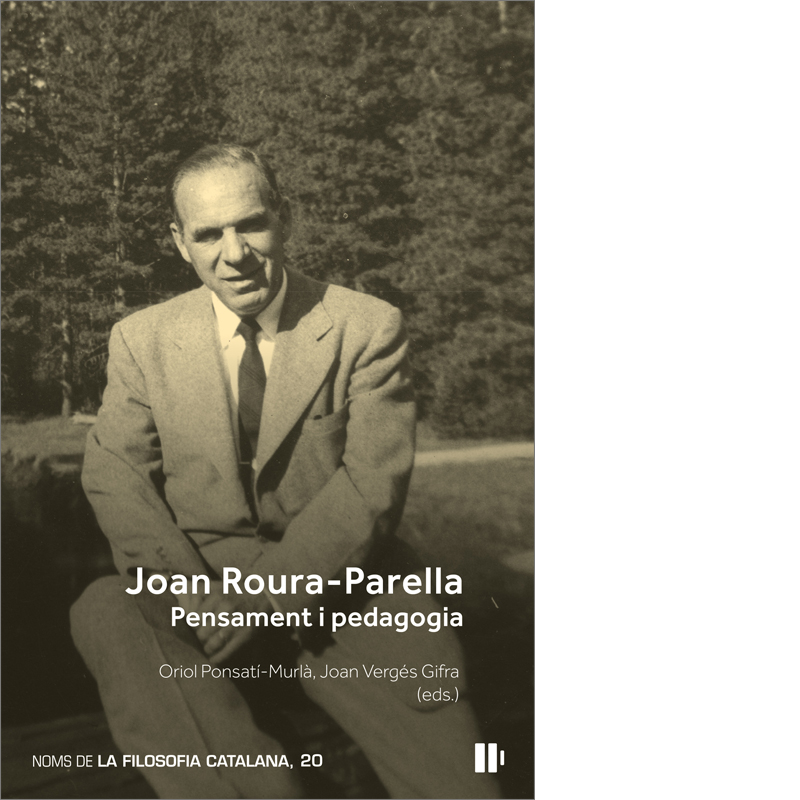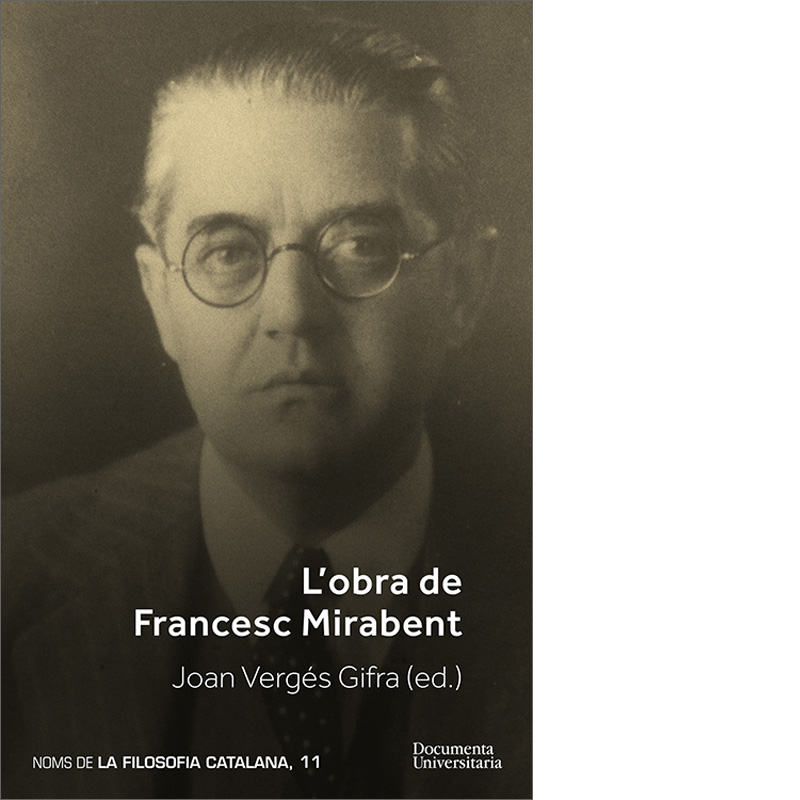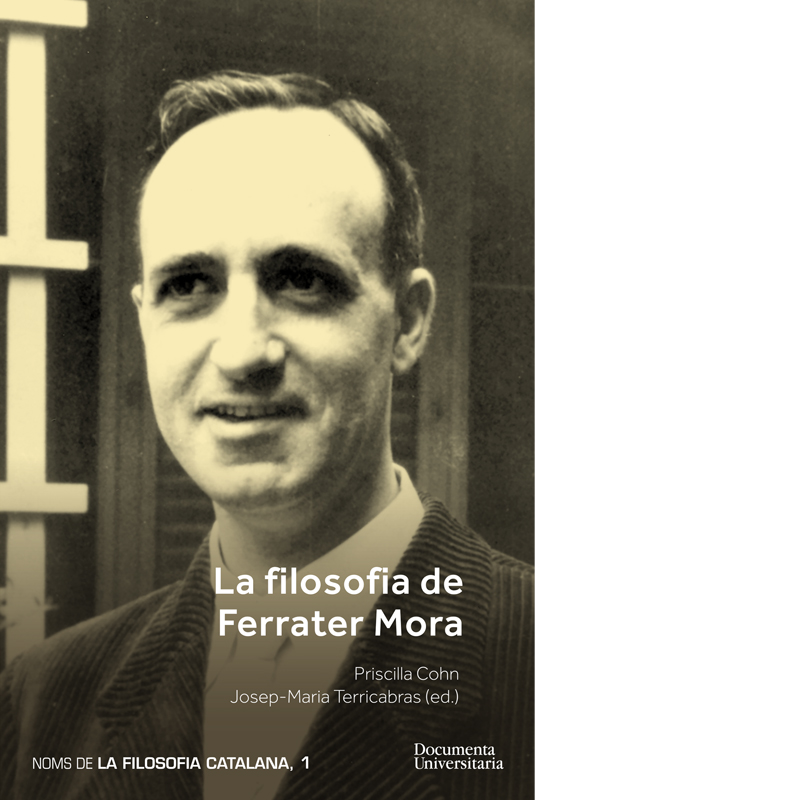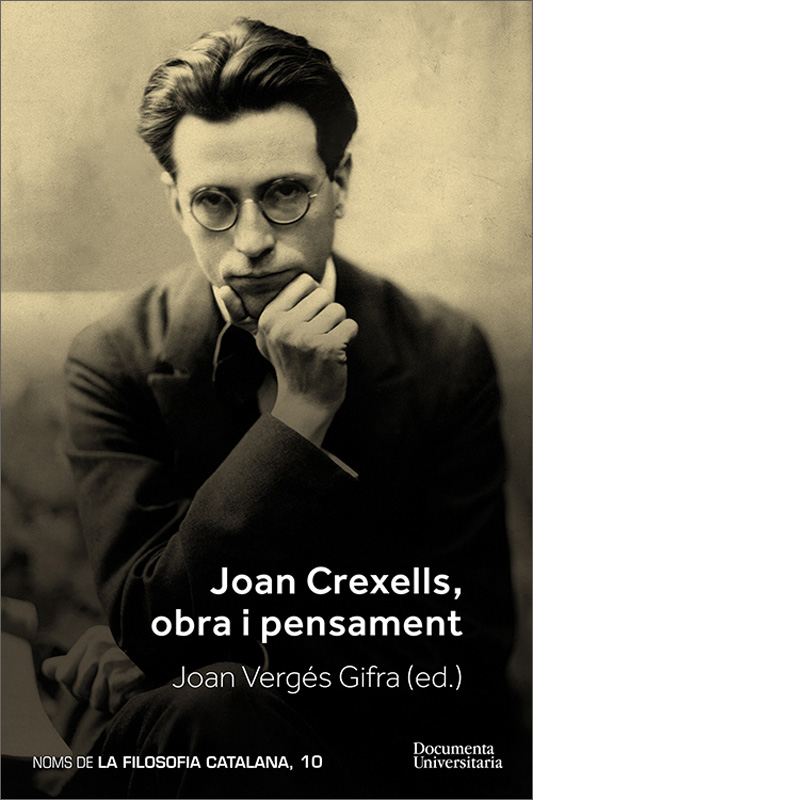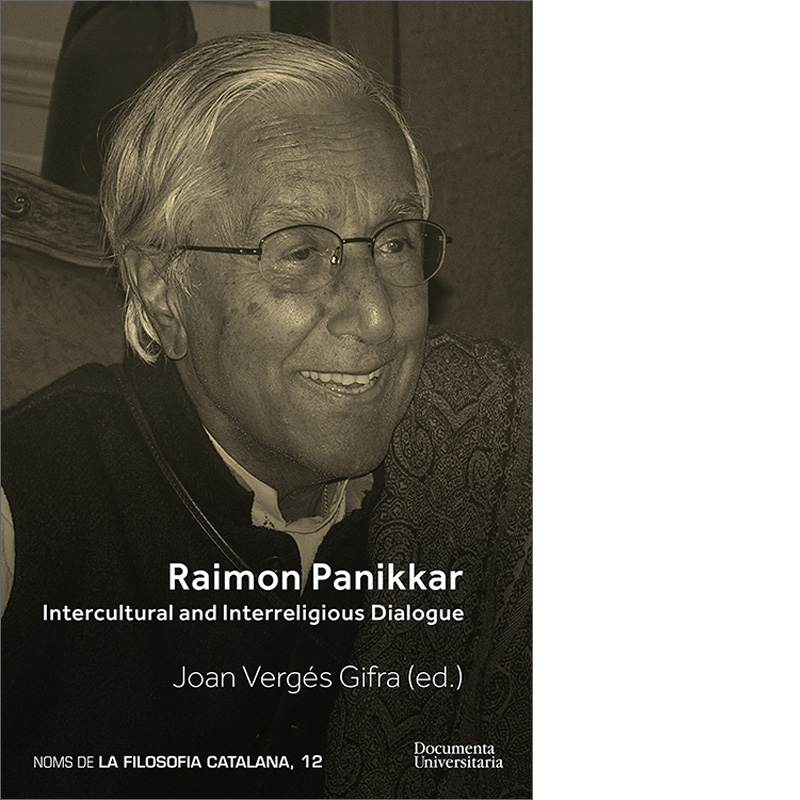Description
The figure of Joan Roura-Parella (Tortellà, 1897 - Middletown, 1983) is interesting for a number of reasons, two of which stand out. Firstly, and as is usually the case in the history of thought, because his life and intellectual trajectory reproduces and expresses some of the most distinctive features of the historical period in which he developed. When we look at the vicissitudes and the facets he had to live through, when we pay attention to the initiatives he undertook, it becomes difficult not to see a character marked by a set of fundamental circumstances in our history: the situation of pedagogy in the first third of the 20th century, the Second Republic, the Spanish Civil War, the American exile, and so on. On the other hand, and as usually happens in any history of thought, Roura-Parella is interesting because of his singularity as a thinker, that is to say, because of the difficulty in reducing him definitively to a well-defined set of currents of thought or doctrines. Roura-Parella, in this sense, is interesting for the things he wrote and said and not only as a person who has been affected by the vicissitudes of the historical period in which he lived.


